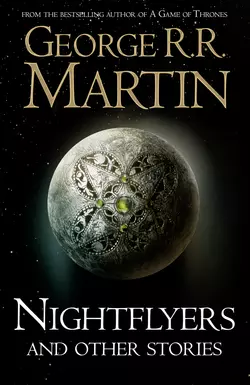Nightflyers and Other Stories

Джордж Мартин
Тип: электронная книга
Жанр: Современная зарубежная литература
Язык: на английском языке
Стоимость: 1241.23 ₽
Статус: В продаже
Издательство: HarperCollins
Дата публикации: 16.04.2024
Отзывы: Пока нет Добавить отзыв
О книге: An epic collection of science fiction tales around space exploration and cosmic horror by the #1 bestselling author of A Game of Thrones – with the titular story, Nightflyers, coming to Netflix in 2018On a voyage toward the boundaries of the known universe, nine misfit academics seek out first contact with a shadowy alien race.But another enigma is the Nightflyer itself, a cybernetic wonder with an elusive captain no one has ever seen in the flesh.Soon, however, the crew discovers that their greatest mystery – and most dangerous threat – is an unexpected force aboard the ship wielding a thirst for blood and terror…Also included are five additional classic George R.R. Martin tales of science fiction that explore the breadth of technology and the dark corners of the human mind.